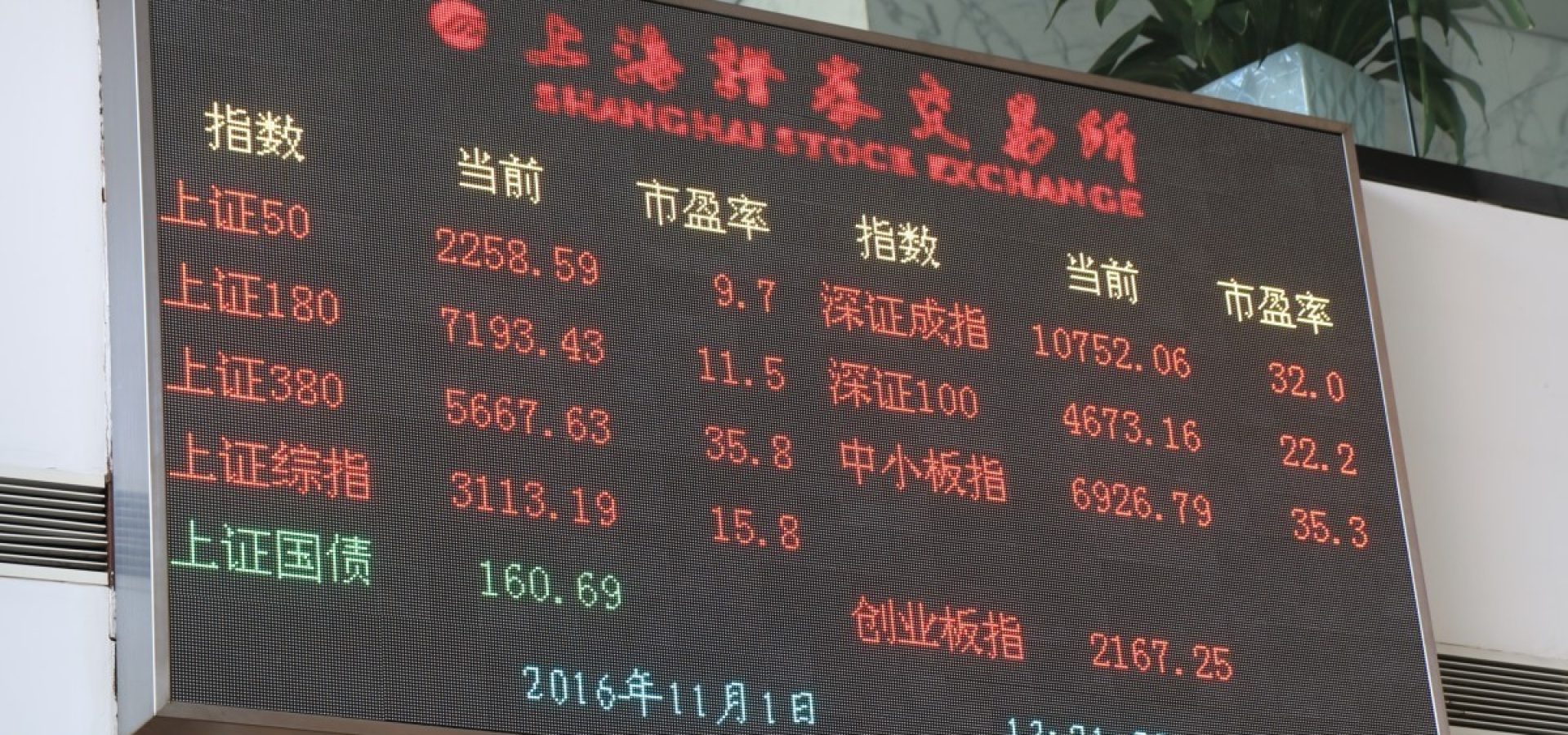Chinese Stocks Rally Significantly as State Investment Fund Bolsters Confidence
Chinese stock markets have experienced their most significant rally in years despite ongoing concerns over a persistent market decline that has wiped out trillions in market value over the past three years. The rally has been sparked by Central Huijin Investment’s declaration to increase its share acquisitions, aimed at boosting market confidence.
Impressive Gains Across Chinese Markets: Hong Kong’s Market Climbs
The Shanghai Composite Index, representing key state-owned and blue-chip stocks in China, saw a notable 3.2% increase, marking a clear reversal from its recent downtrend. The Shenzhen Component Index, which tracks smaller companies, rose by 6.2%, signalling the largest one-day gains for these indices in years and reflecting a resurgence of market optimism.
The rally extended to Hong Kong’s Hang Seng Index, which jumped by 4%, its most substantial rise in more than six months. The tech sector, particularly with a 7.6% rise in Alibaba Group’s shares, led these gains.
2024’s Rocky Start and Regulatory Measures to Bolster the Market
The Chinese markets had a challenging 2023, and the trend seemed to continue into 2024. By Monday, the markets had lost around $6.1 trillion in value since their high in February 2021. Central Huijin Investment’s response, increasing its ETF holdings on the mainland markets, has been pivotal.
The China Securities Regulatory Commission (CSRC) supported Central Huijin’s strategy and promised to attract more institutional investors, including mutual funds and state pensions, to help stabilize the market. This move reflects the government’s commitment to market stabilization.
Rally in China Stands Out Amid Regional Market Downturns
This rally in China contrasts with the declines seen in other Asian markets, with Japan’s Nikkei, South Korea’s Kospi, and Australia’s S&P/ASX 200 all experiencing losses. This divergence highlights the distinct factors at play in China’s market environment.
While the rally offers short-term optimism, China still faces profound economic challenges, such as softening demand, deflationary risks, a troubled real estate sector, and growing trade disputes with the US. These issues remain critical, posing long-term risks. Observers continue to watch whether this resurgence of market confidence in China can be maintained and lead to enduring economic stability.










COMMENTS